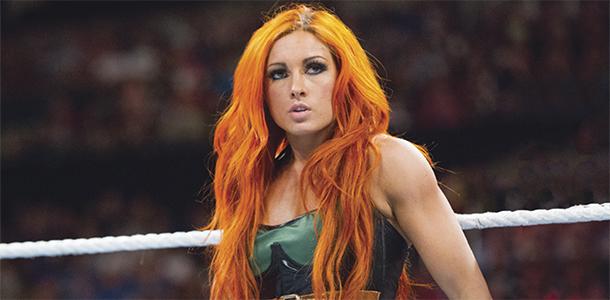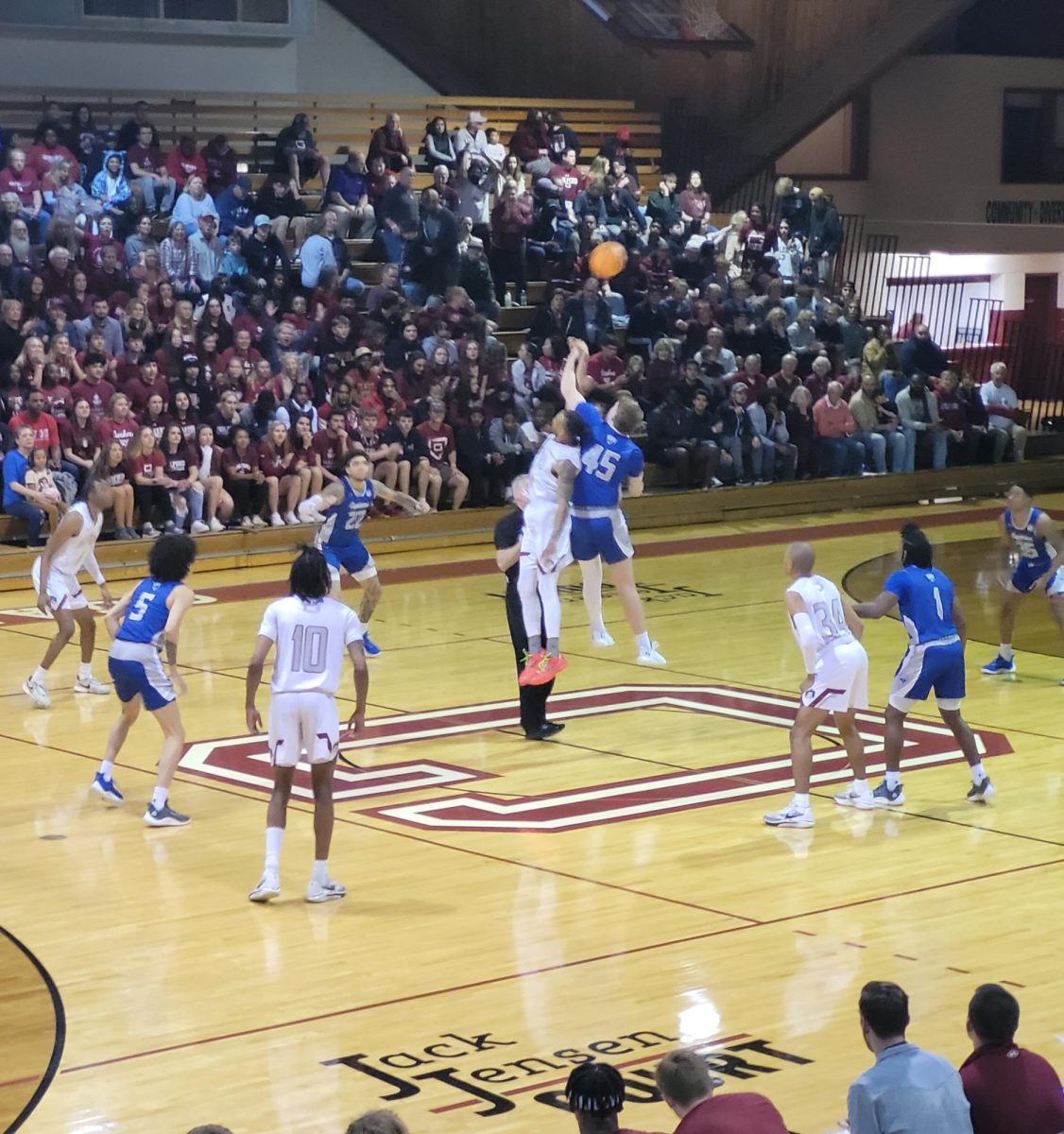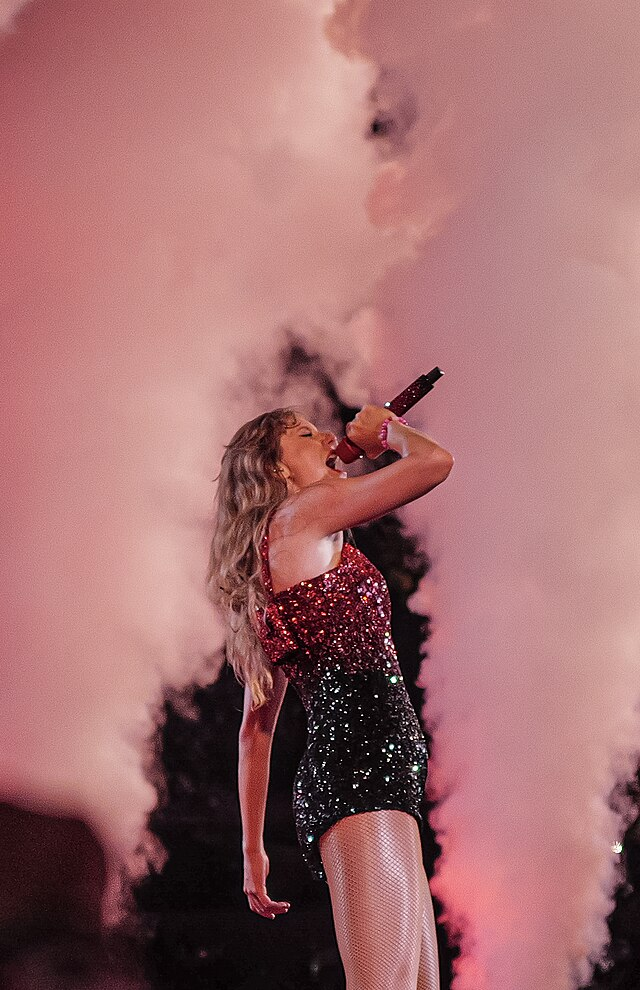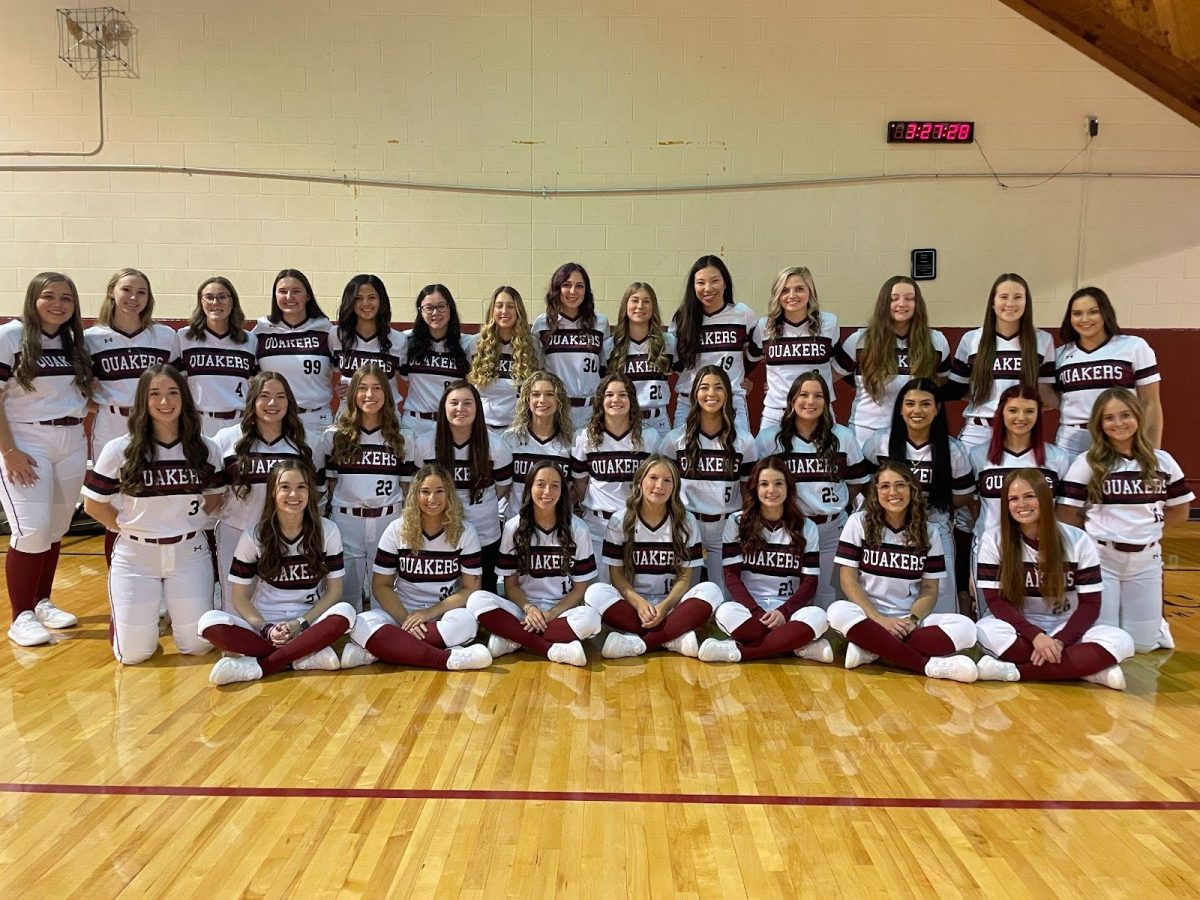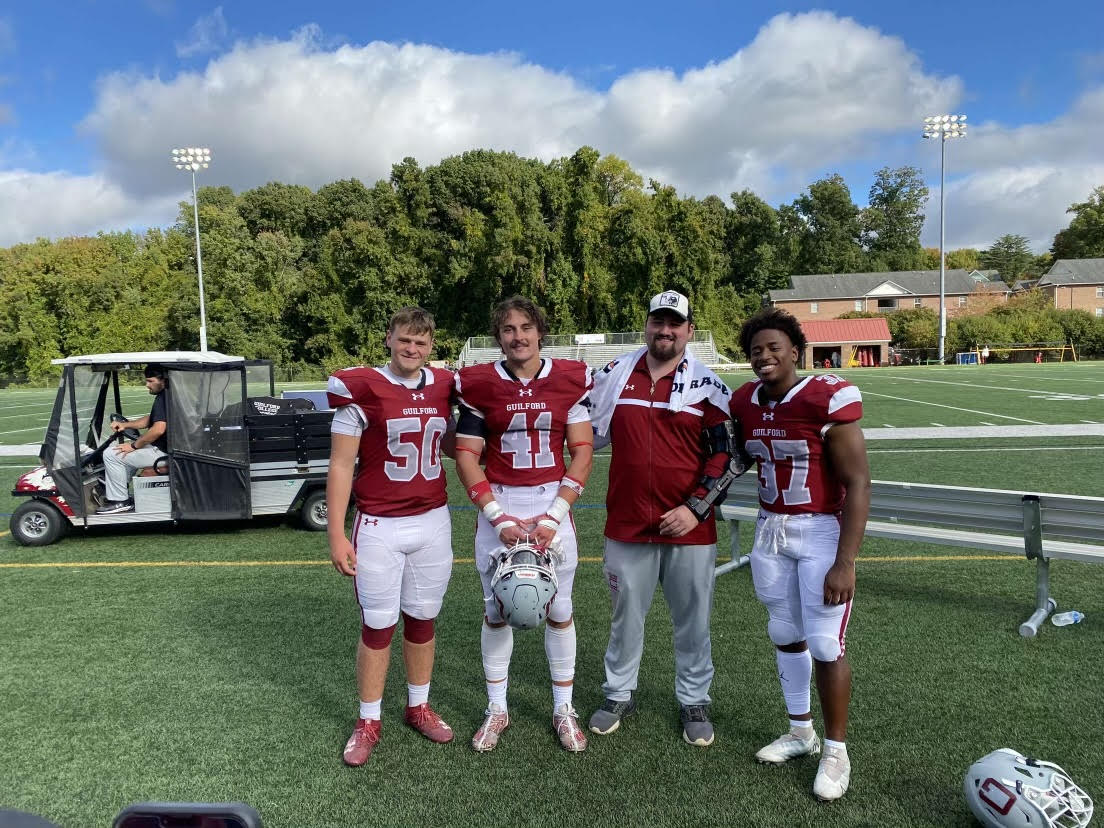World Wrestling Entertainment’s “Divas” have gone the way of the dinosaur.
Which is not to say that WWE is phasing out female competitors. It just means that the “Divas” brand, once the catch-all term for women wrestlers, has been officially retired.
This is the latest step in chief executive officer Vince McMahon’s plan to make professional wrestling reflect a changing social climate. The days of the envelope-pushing “Attitude Era” are a thing of yesteryear, and the current focus is on family-friendly sports entertainment.
Between racially stereotyped wrestlers, gay jokes and using women as props for male wrestler motivation, there is a long history of WWE being a bit slow on the cultural uptake. But a struggle for relevance has dictated a number of changes in the sport in recent years. This can be seen primarily in a revamped focus on female wrestlers.
The smash-hit WWE NXT developmental subdivision is at the root of this trend.
“Any long-time WWE fan might be shocked to tune into NXT,” writes Stephen Totilo for pop culture website Kotaku. “There are multiple storylines involving women wrestlers … where they’re presented as athletes. Where, hell, they’re treated, basically, the way the best male wrestlers are treated.”
A larger-than-usual margin of main event NXT matches put women in the spotlight, something that would have been unheard of a decade ago. These matches are long affairs just like the main event matches seen in the mainline series and pay-per-view events.
Within the past year, a number of these women have even graduated to those larger series as well. “Irish Lass-Kicker” Becky Lynch, “The Boss” Sasha Banks, and Charlotte Flair – daughter of infamous “Nature Boy” Ric Flair – are some of the NXT graduates whose matches now feature on mainstream cable on top of their merchandise being prominently featured in WWE’s storefronts.
“For me, what is going on is what I’ve always dreamed of,” Lynch told Irish America. “It’s that (female wrestlers) have this credibility. Before this, I think women’s wrestling wasn’t always respected. It was more of an afterthought.”
But despite this shift, one problem looms large for the WWE – the depiction of wrestlers of color. While there are signs of improvement, especially with several hit wrestlers like current Heavyweight Champion Roman Reigns and tag-team champions The New Day being people of color, their treatment remains questionable.
This carries on outside of the ring.
“The social media guy made a racist joke — saying that it was my job to clean his table,” wrestler Alberto Del Rio recalled to Fighting Spirit Magazine. “Of course, I got really upset, and I asked him for an apology. He smiled, giving me this big, f— you smirk, and I slapped him. That was it.”
That sort of atmosphere comes from a company that once had a black, gangster rap-themed tag-team duo known as Cryme Tyme and an Italian man depicting an Arab to play a terrorist post-9/11. It is indicative of a long-standing need for change in the organization. And while an increased focus on people of color is a positive shift, there is a long history of ill-informed choices to overcome.
One former wrestler thinks the answer lies in bringing in more diverse content creators.
“On the creative team there aren’t enough people of different backgrounds and age groups,” said former Cryme Tyme member JTG to Wrestling Inc. “If they bring in someone … who can bridge that generation gap, I think the African-American wrestlers will have more up-to-date stuff.”
WWE’s official mission states a goal to “break down prejudices and promote a culture of fairness (and to do so) regardless of age, race, religion, sexual orientation or physical ability.” With the new focus on its women’s division, they are trying to put their past against the ropes.
The only question is if they can go in for the finisher.

